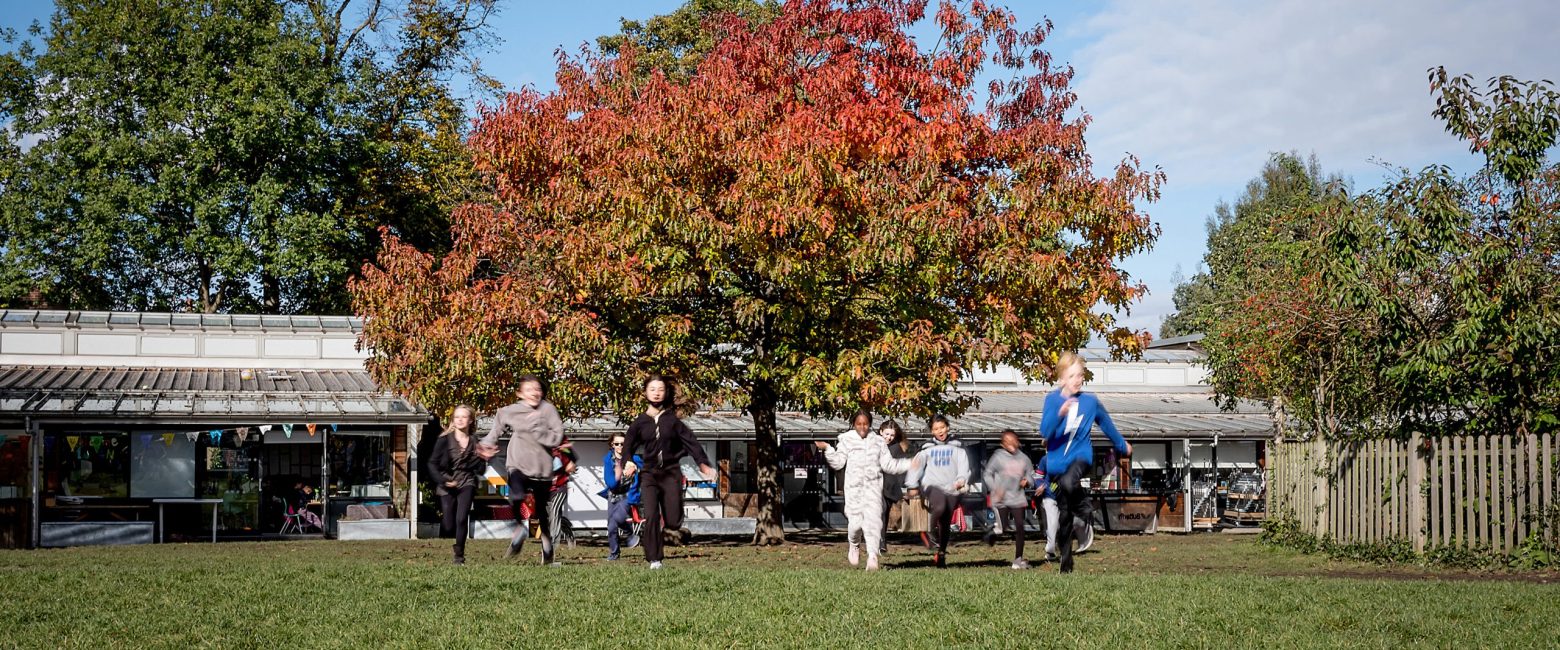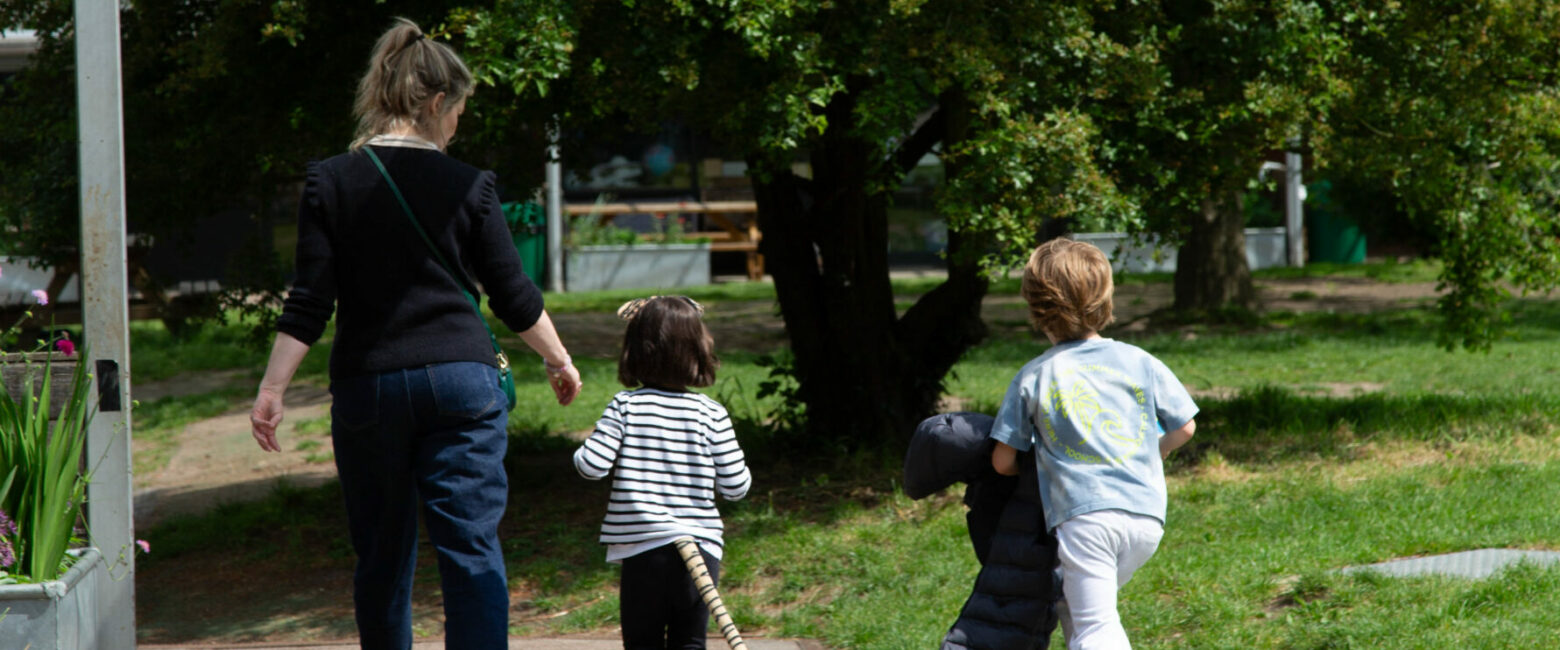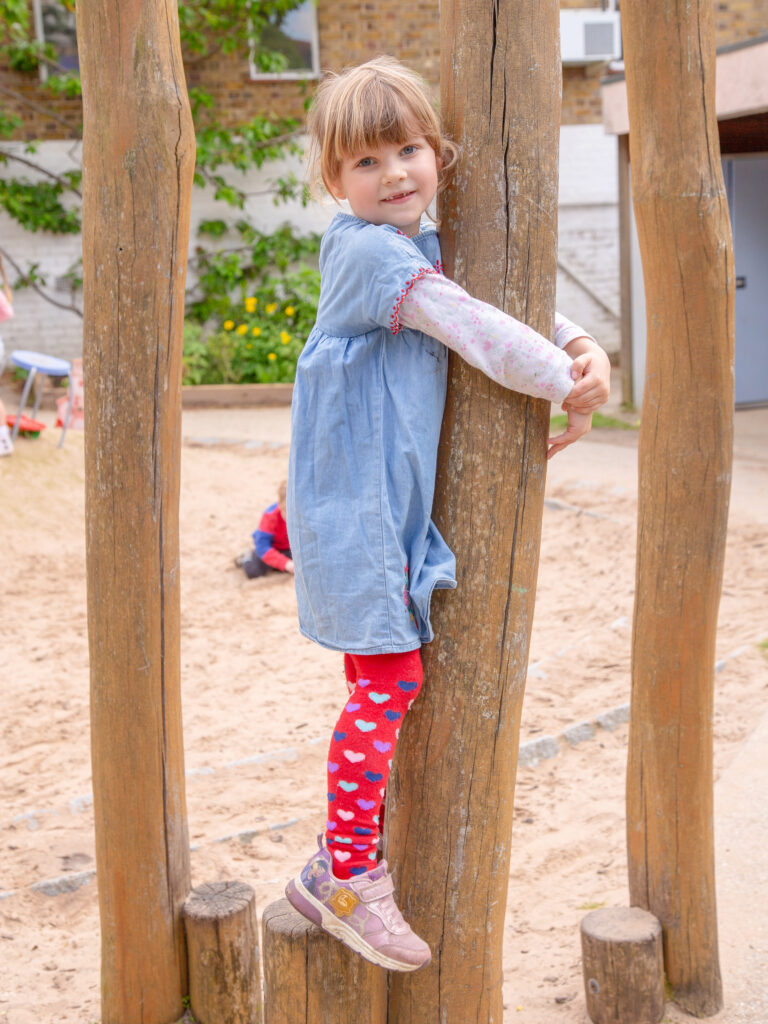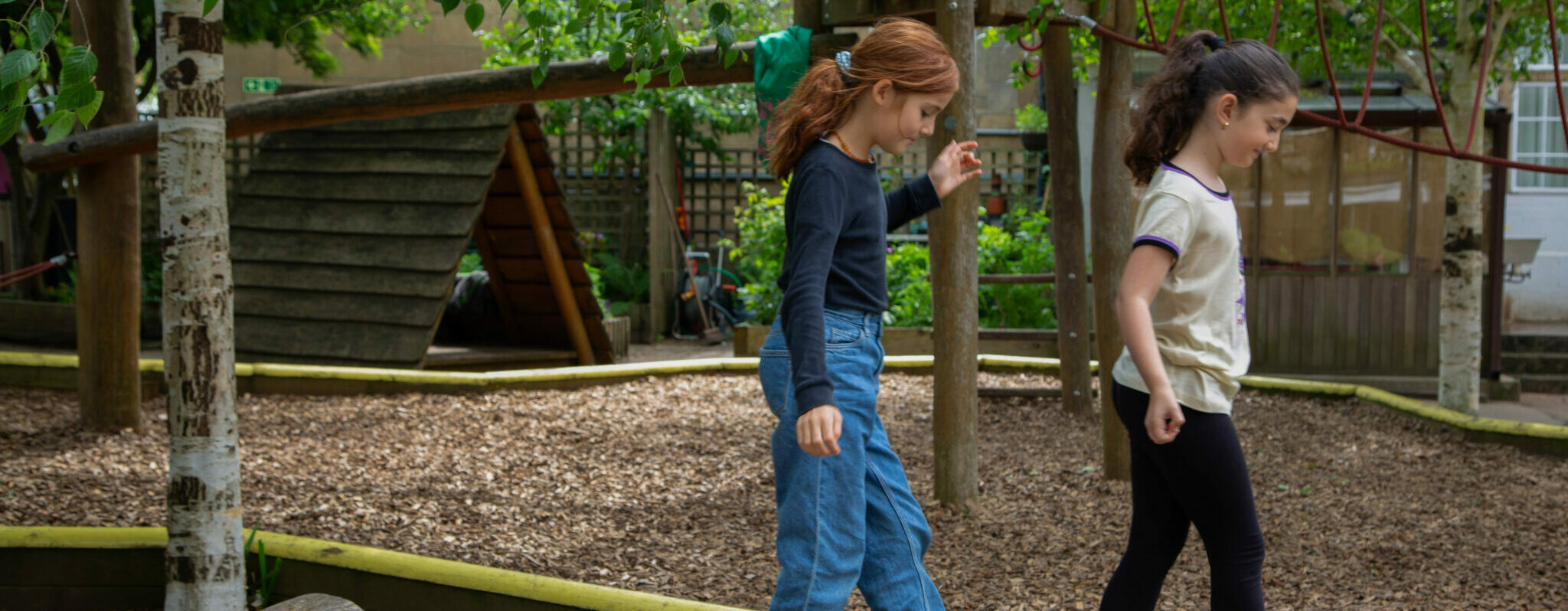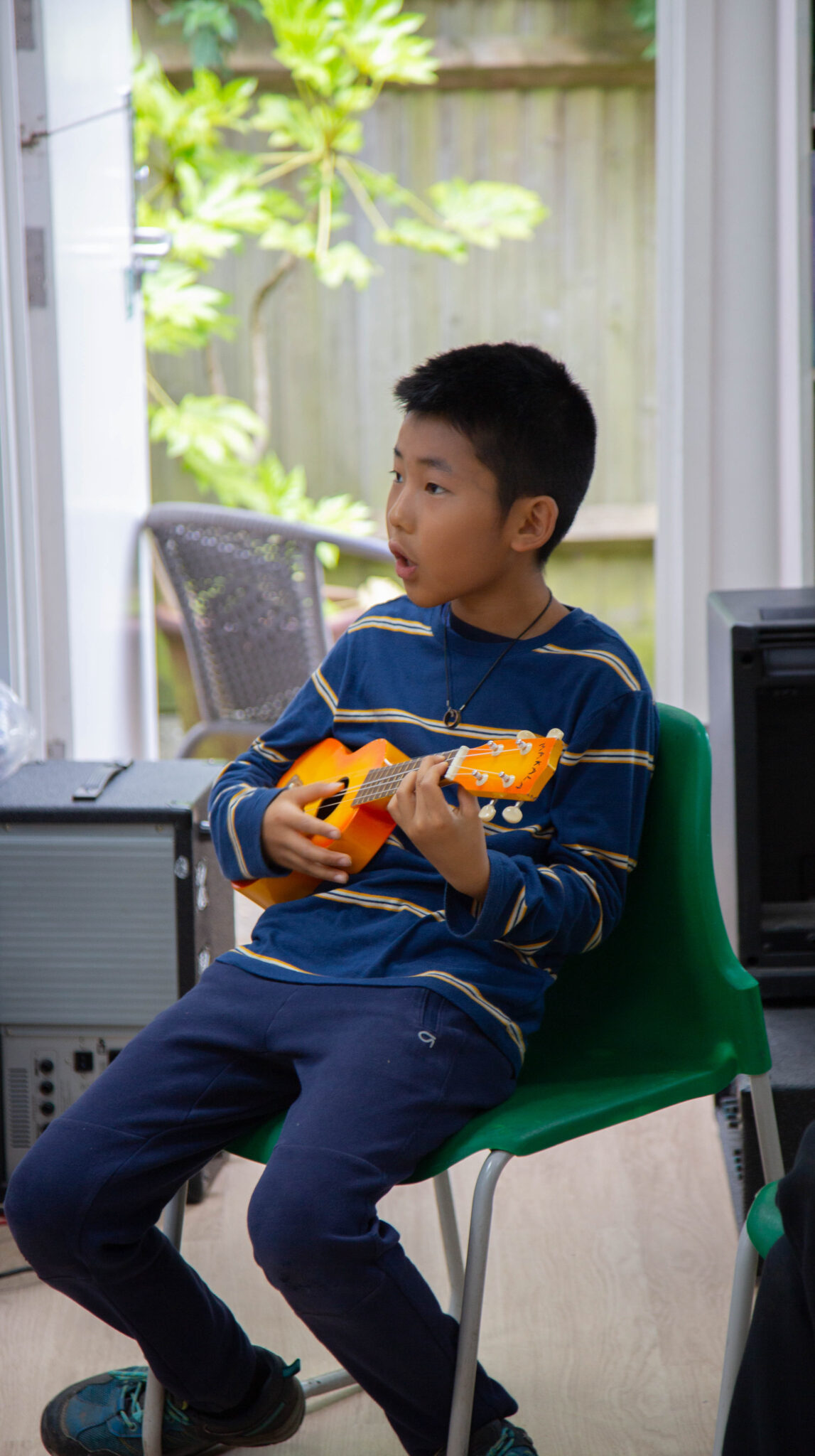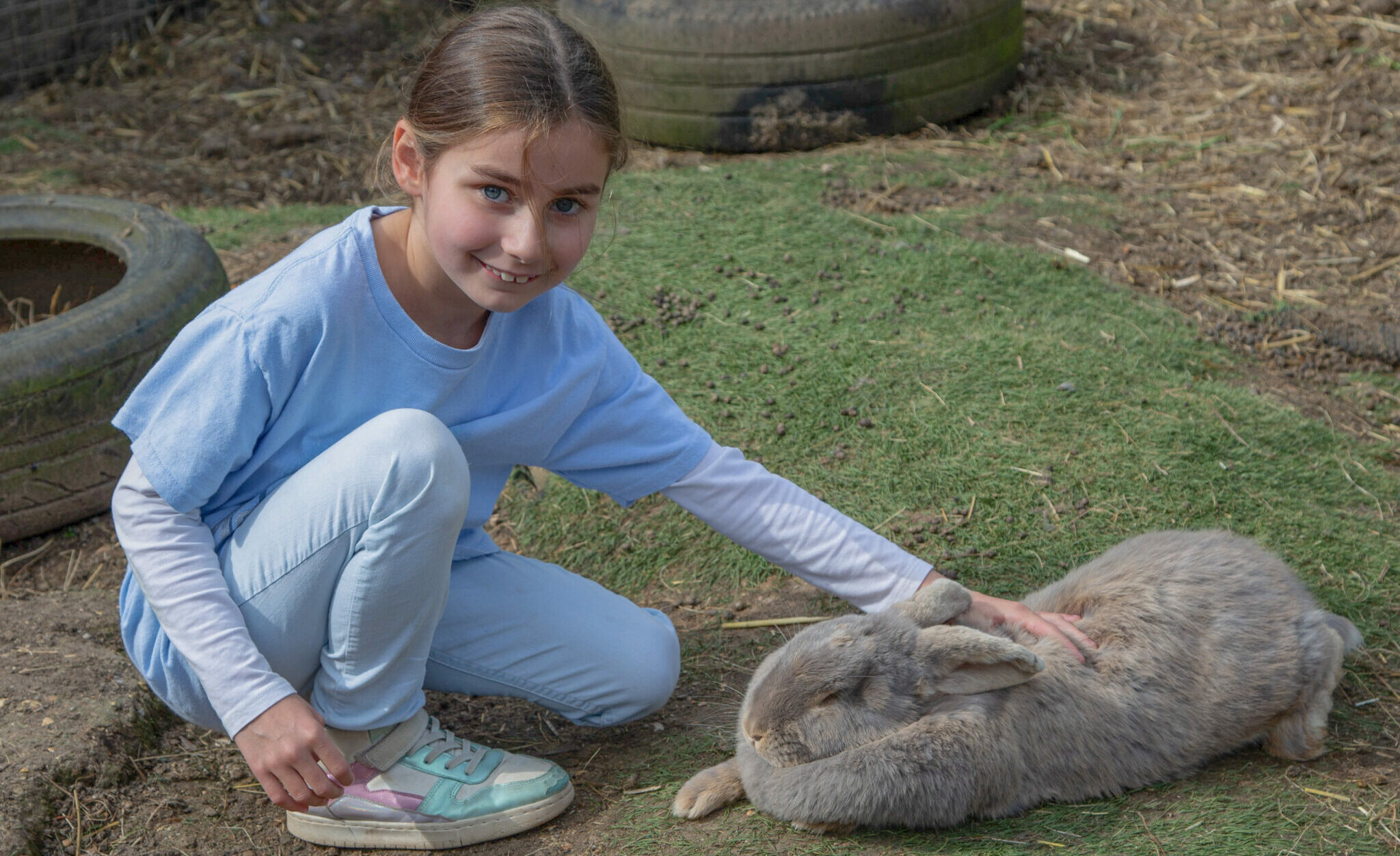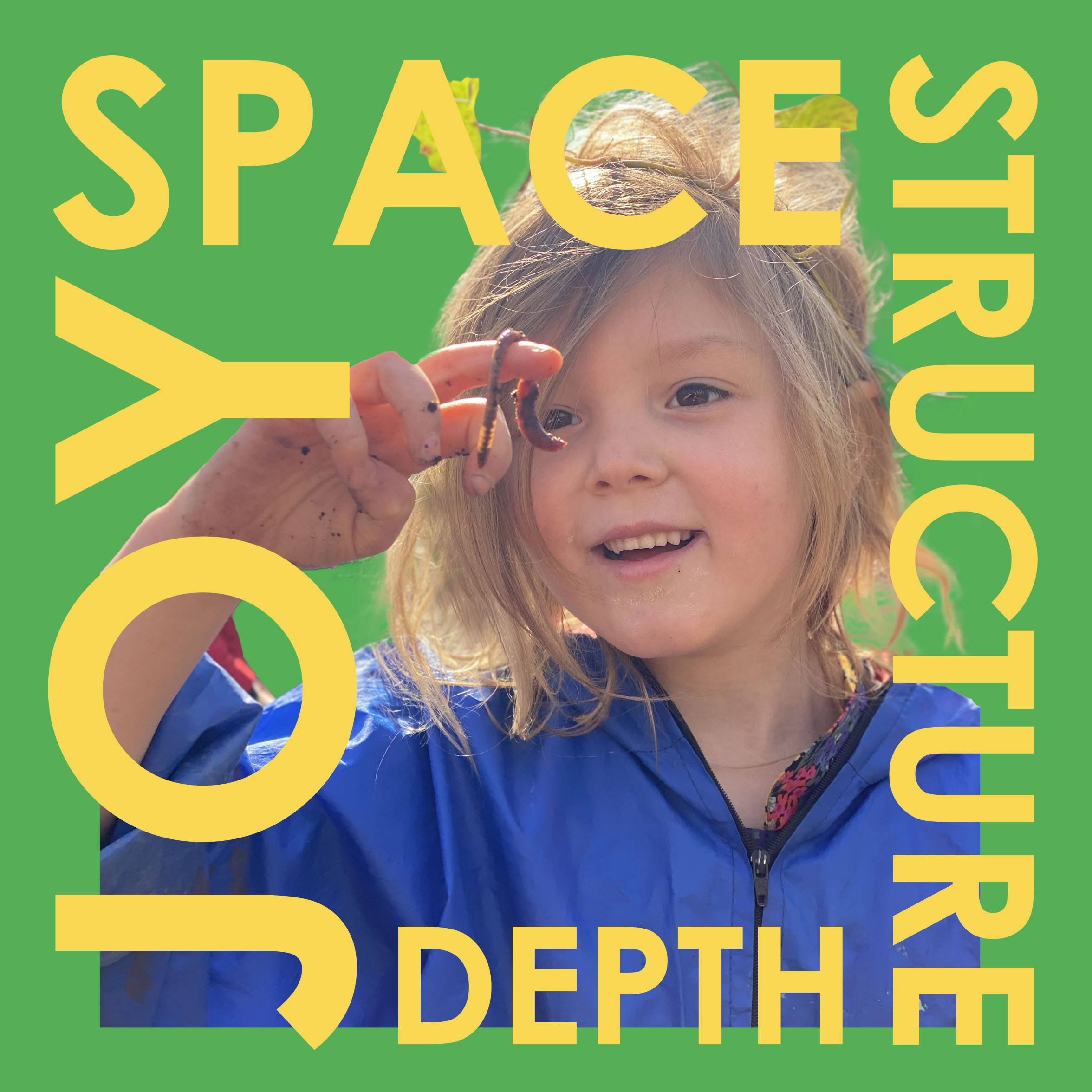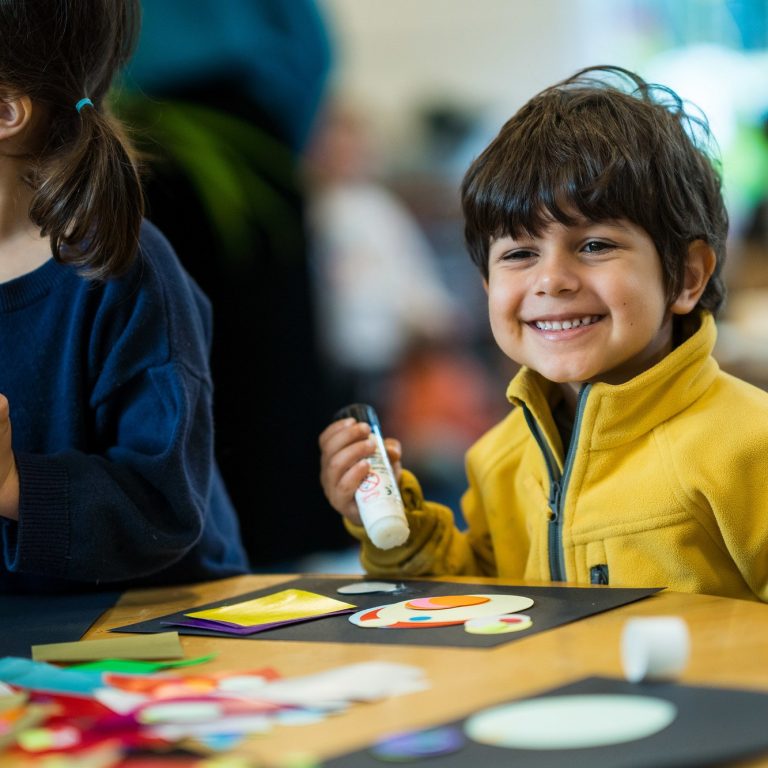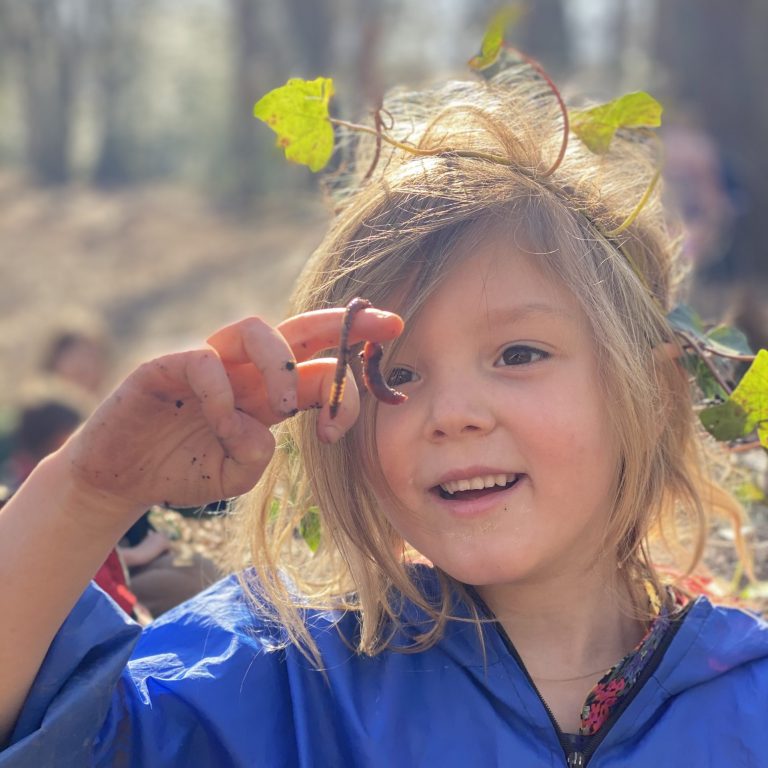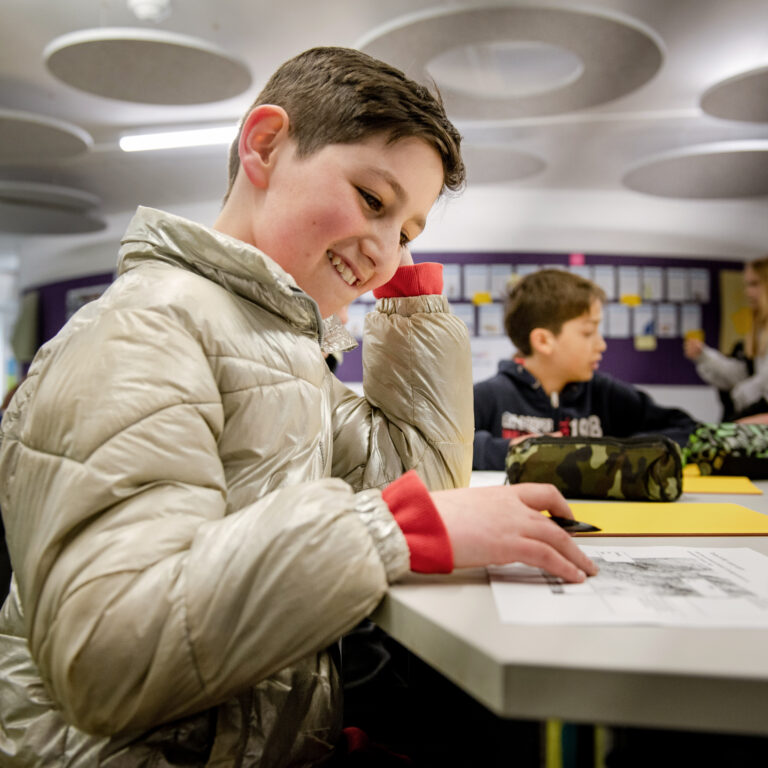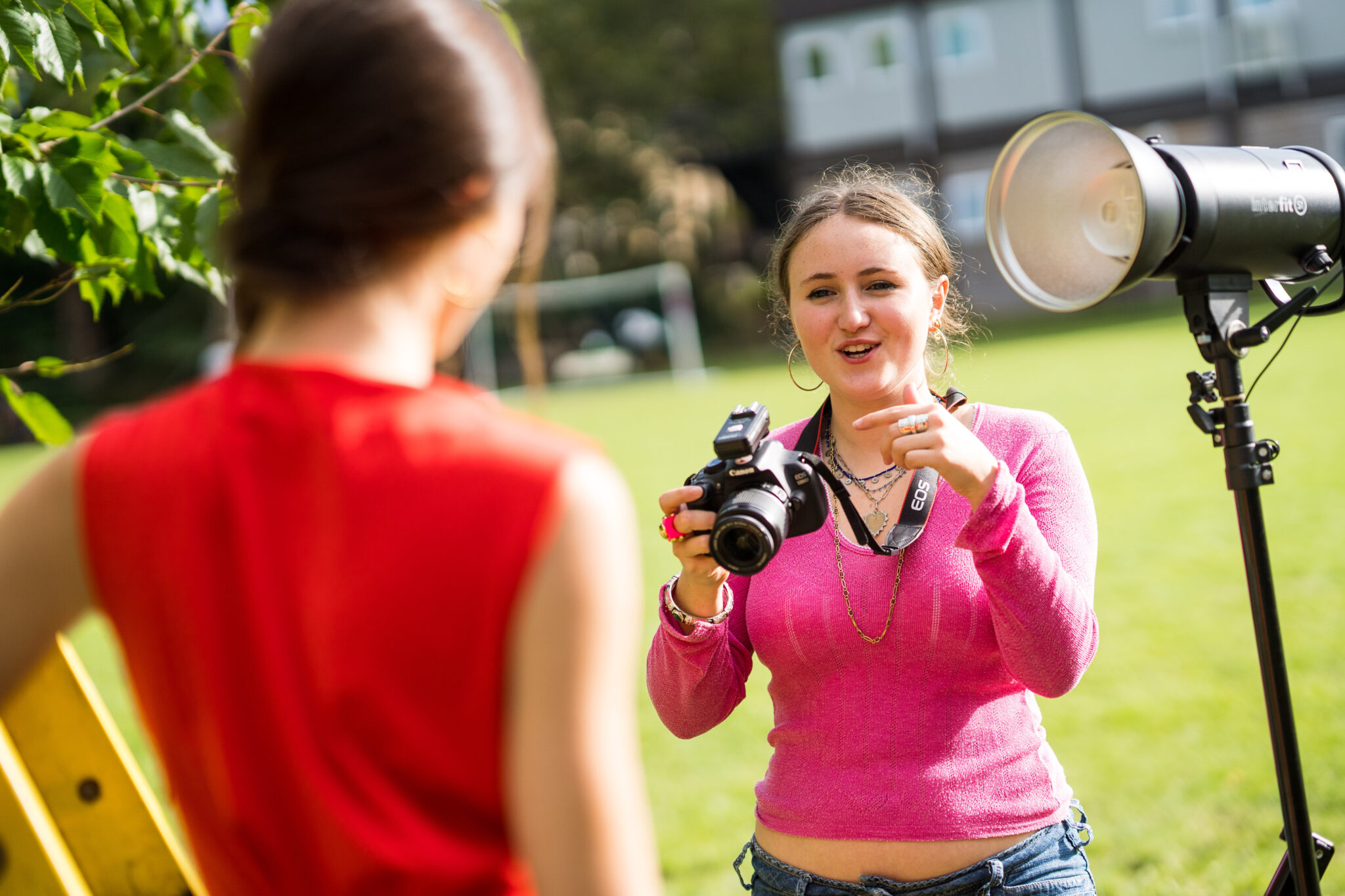Life in Lower School
The Lower School Structure
In Lower School we have 20 children in our Reception and Year 1 classes and up to 24 children in our Year 2-6 classes, with two classes per year. All Lower School classes have a full time teacher and learning assistant. In addition there are subject specific teachers for French, Art, Music, DT, ICT, PE & Games, as well as Maths and English specialist teachers. Classes are sometimes mixed at the end of the year to extend friendship opportunities and to rebalance the groups if necessary.
The Lower School is on two sites. Our Reception and Year 1 classes are based in Ivy Wood along with The Phoenix Theatre, the Design and Technology building and the forge. These facilities are enjoyed by all students in the school.
Our Year 2-6 classes are in Manor Wood, the main school site, where the Lower School classrooms frame the playing field. Here the Lower School has its own hall, a modern foreign languages room, the farm, a computing suite, the courts, the amphitheatre, an auditorium and a large library. Year 2 have their own playground.
The vast majority of those who join in Reception continue their journey with us after Year 6 into the Upper School. Year 6 teachers work closely with the Upper School, ensuring a comprehensive transition programme. At the end of Year 6 the two classes are mixed into three Year 7 forms with a small additional intake of students from other schools.
Do you know me well enough
to teach me?
At The King Alfred School we understand children develop at different rates, have a range of interests and strengths and are more confident in some areas than others. With this in mind we embrace their individuality, aiming to create a school experience to meet their needs, ignite their excitement for learning and help them recognise their personal, social and academic successes.
With the question ‘Do you know me well enough to teach me?’ guiding our practice, each new year starts with teachers finding out about the children’s interests and motivations, their excitement and wonderings for the year ahead. With small class sizes, the teachers and teaching assistants are able to foster close relationships with the children in order to create a strong foundation for a successful and personalised year of learning.
Within the first two weeks of school, parents are invited in to talk to their child’s new teacher to share any insights that they feel are important for us to know. This marks the start of a conversation about their child’s learning which is continued formally in scheduled meetings and informally as questions arise throughout the year.
Learning is not a race
Our children excel at school. We firmly believe learning is not a race, and therefore focus our teaching on where each child is in their learning at any given time rather than conforming to norms which may hold them back or create a feeling of failure. With high expectations and quality teaching we ensure maximum progress and help each child to be proud of their achievements.
Success in literacy and numeracy is important, as is the enjoyment of reading, writing, mathematical thinking and other ‘traditional’ subjects. Of equal importance in our holistic approach is your child’s self-confidence and their development as a communicator, a collaborator, a creative, a critical thinker, a researcher and a friend. We use a suite of child-friendly formative assessment practices which we design to inform our teaching throughout the year. Teachers meet with the Lower School Leadership Team four times a year to discuss each child in their class. These Learning Conversations create an opportunity to set goals and share teaching strategies.
We are secure in our knowledge of each child’s needs and so choose not to use any external testing which we believe causes undue pressure for children, parents and teachers. Instead we choose to spend our time offering a broad, balanced and creative curriculum in order for the children to thrive.
A curriculum that matters – making
a difference
At KAS we want children to understand that their actions have an impact either on themselves or others, and that choices can be made to make a positive difference to themselves, others and the world around them. Starting small, class contracts are made at the start of the school year with each child contributing to the agreed behaviours and dispositions which they believe will enhance their school experience, providing a shared reference point to reflect upon and hold themselves accountable to.
Throughout Lower School, children have an opportunity to join our Pupil Council, liaising with Upper School students to develop innovative suggestions for school improvement.
Our curriculum is shaped around issues that can be accessed from a personal, local and global perspective. Classroom enquiries are linked to the UN Sustainable Development Goals in order to help develop children’s understanding of how to look after themselves, others and the world around them, as global citizens of the future.
A community in partnership
Working in partnership with parents is key for any successful school. At KAS there are many opportunities to get involved. Teachers often ask for an extra pair of hands for class trips or special activities. Alternatively you may wish to become one of our regular parent helpers who assist with reading in different classes across the school.
Open communication is key to your child’s successful education. We provide regular newsletters and updates, opportunities to meet with the class teacher throughout the year, a written report at the end of the year as well as more informal opportunities to talk with your child’s class teacher at either end of the school day.
The school would indeed be a very different place were it not for the marvellous support we have always received from committed parents. We strongly encourage all parents to come to Parent/ Staff meetings and to play an active part in the KAS community throughout the 14 years your child is with us.


